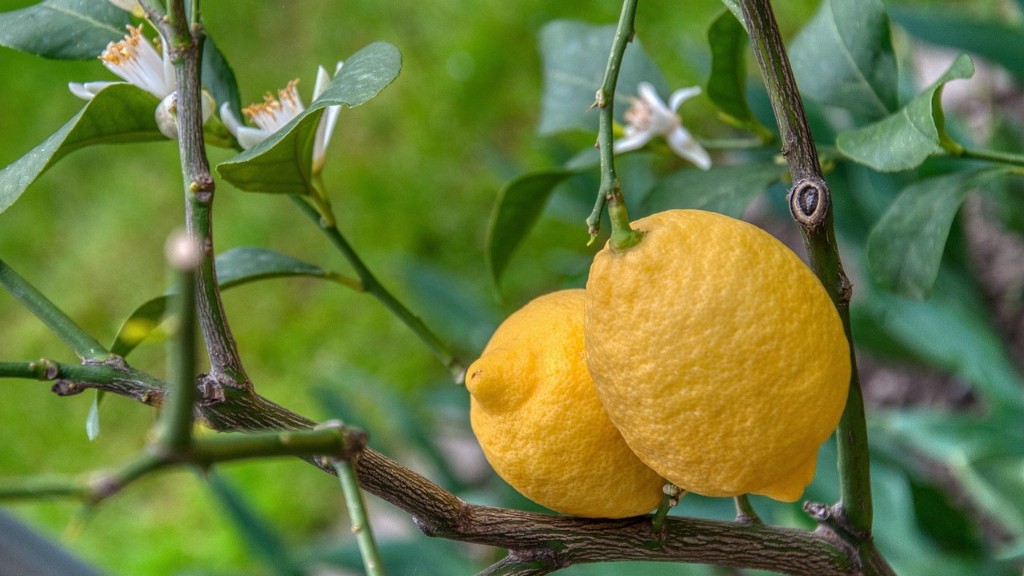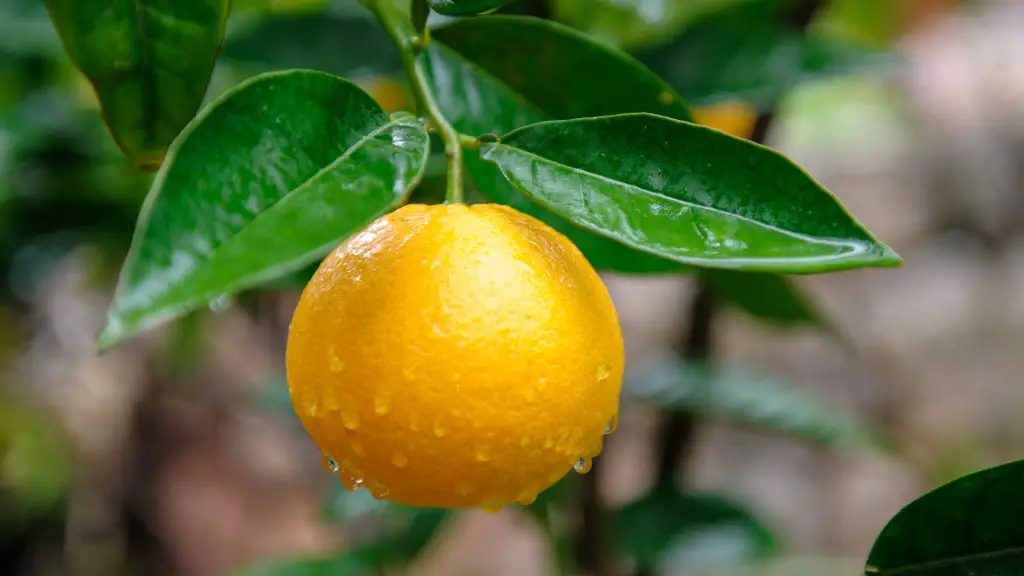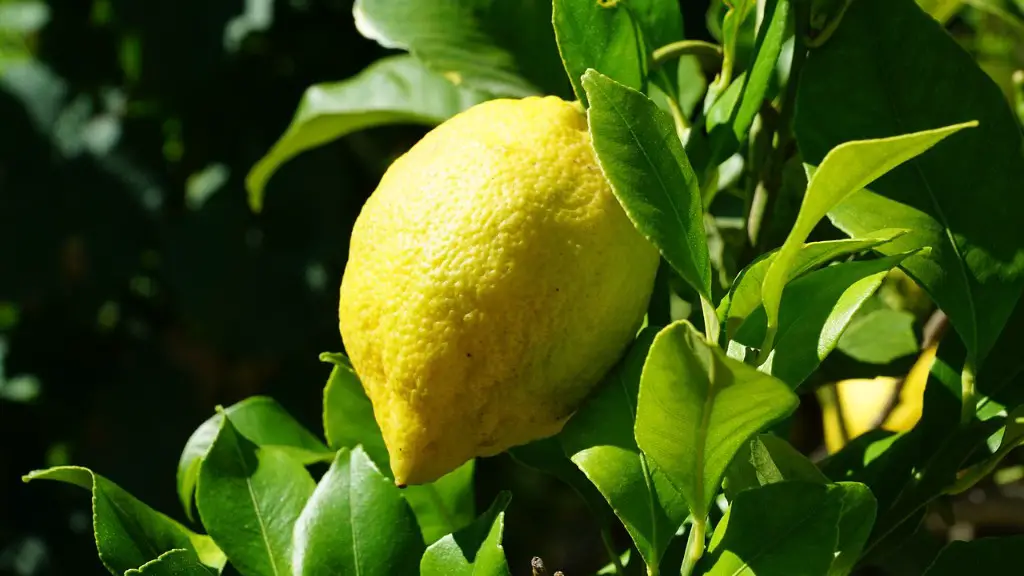When the temperature rises, outdoor planting of lemon trees can become a reality for many. Gardeners in warmer climates have the advantage of being able to grow citrus trees that wouldn’t survive in cold or frosty climates. But even for gardeners living in cooler areas, there is still a lot of potential for planting a lemon tree outside. In this article, we will discuss the conditions, planting, and maintenance of growing a lemon tree outside.
Lemon Tree Requirements
Before planting a lemon tree outside, you need to consider the temperature and soil conditions. An optimum temperature range for a lemon tree should be between 10-35°C. The soil should be well-draining and loamy, with a pH level between 5 and 7. A south-facing spot is ideal for a lemon tree as it will get the most exposure to the sun.
Planting a Lemon Tree Outside
When you are ready to plant, it is important to dig a hole that is twice the width and depth of the root ball for your lemon tree. Add some well-aged compost or manure to the soil you removed from the hole when planting. Gently plant your lemon tree with the roots spread wide and slightly angled inward. Fill the hole with the amended soil and press down to compact it.
Be sure to water your lemon tree immediately after planting and water regularly for several weeks to ensure the roots have properly established. Mulch around the base of the lemon tree to conserve water and prevent weed growth. This will also help maintain the soil temperature.
Maintenance of Lemon Tree
Fertilizing your lemon tree throughout the growing season is an important part of outdoor maintenance. Use a general-purpose fertilizer that is specifically designed for citrus plants and use it according to the instructions on the product packaging.
Pruning your lemon tree is also important to promote healthy growth. Remove any dead or damaged branches and thin out the foliage to let in more light and air circulation. Avoid pruning too early in the season or late in the fall when tender new growth is present.
Inspect your lemon tree regularly for any signs of pests such as aphids. If there is an infestation, you can use a spray of insecticidal soap or neem oil to eliminate the pests. Regular spraying of the tree with a hose can also help to keep pests away.
Lemon Tree Protection
To ensure your lemon tree survives the colder months, you will need to provide protection. If there is an impending frost, you should cover the tree with a frost cloth. This will also provide a barrier from cold winds. During the winter months, you should keep your lemon tree well-watered and provide extra insulation.
Symptoms of Nutrient Deficiency
If your lemon tree isn’t getting the proper nutrients, it will start to show several signs. The leaves may start to yellow or become dry and curl up. The growth may be stunted and the fruit may be small or misshapen. If you notice any of these signs, you may need to add a soil amendment or apply a fertilizer.
Benefits of Outdoor Lemon Trees
Growing a lemon tree outside has many benefits that make it worth the effort. Lemon trees provide delicious fruits and beautiful foliage in your garden year-round. In addition, citrus trees are relatively low-maintenance and easy to care for, making them an attractive choice for gardeners of any level.
Pest Control and Disease Prevention
It is important to be aware of the potential pests and diseases that may affect your lemon tree. These include fungal leaf spot, powdery mildew, and spider mites. To control pests, you should use insecticides or fungicides and practice proper watering, pruning, and fertilizing methods. You should also inspect your lemon tree regularly for any signs of infestations.
Fruit Harvesting and Pruning Tips
Once your lemon tree starts to produce fruit, you should harvest them when they ripen. You can tell if a lemon is ready for harvesting if it is slightly soft when tested with your finger. Your lemon tree will require regular pruning throughout the year to shape it and encourage healthy new growth. Be sure to use pruning shears and disinfect them with rubbing alcohol between each pruning to prevent spreading any diseases.



